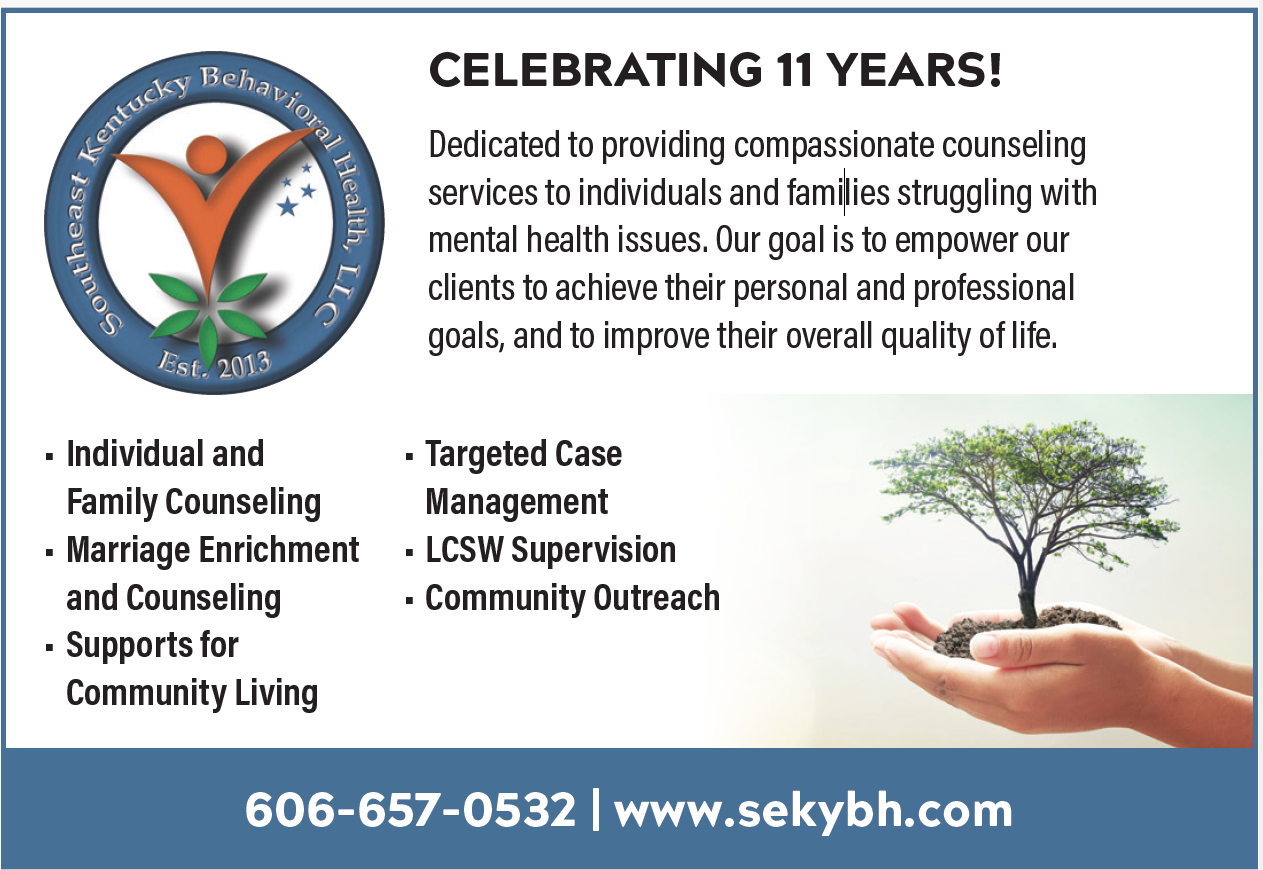Tips for Staying Focused When You Have ADHD: A Guide for Teens
Introduction

If you’re a teen with ADHD (Attention Deficit Hyperactivity Disorder), you might struggle with focusing on schoolwork, completing assignments, or staying attentive in class. ADHD can impact your ability to organize, manage time, and concentrate. But the good news is there are specific strategies you can use to help improve focus. In this guide, we’ll explore some tips and techniques that can help you succeed academically and personally, all supported by research.
1. Break Tasks into Smaller Steps
ADHD can make large tasks feel overwhelming, leading to procrastination or anxiety. Research suggests that breaking tasks into smaller, manageable steps can help make tasks feel more achievable and less intimidating (Barkley, 2015). For example, instead of trying to complete an entire project in one sitting, focus on completing just one part at a time.
Tip: Create a checklist of small tasks related to a big assignment. Checking off each step can give you a sense of progress and accomplishment.
2. Use a Timer for Focused Work Sessions
A technique called the Pomodoro Method can help increase focus by breaking study time into intervals (Cirillo, 2006). Set a timer for 25 minutes and work on a task until the timer goes off. Then, take a 5-minute break before starting the next session. This technique helps build a habit of staying focused in shorter bursts, which is easier to manage with ADHD.
Tip: Use a kitchen timer or a timer app on your phone to help stick to the intervals. Remember to reward yourself with a break after each work session!
3. Minimize Distractions in Your Study Environment
ADHD makes it challenging to ignore distractions, so it’s essential to create a study space with minimal distractions. Studies show that a quiet, organized environment can improve concentration for people with ADHD (Tuckman, Abry, & Smith, 2002). This means turning off your phone notifications, keeping only necessary items on your desk, and, if possible, studying in a quiet place.
Tip: If you find it hard to stay off your phone, consider using apps like Forest or Focus@Will, which are designed to help you focus by blocking distractions.
4. Set Realistic Goals and Prioritize Tasks
ADHD can make it tough to prioritize, so setting clear, realistic goals can help keep you on track. Studies suggest that prioritizing tasks can help reduce stress and improve time management skills for those with ADHD (Brown, 2013). Each day, make a to-do list and identify your top priorities. This will help you tackle the most important tasks first.
Tip: Use planners or digital tools like Google Keep or Trello to organize your tasks and track your progress.
5. Practice Mindfulness Techniques
Mindfulness can help improve focus and reduce impulsivity, which can be especially helpful for teens with ADHD (Zylowska et al., 2008). Mindfulness involves paying attention to the present moment without judgment. Practicing simple mindfulness exercises, such as deep breathing or short meditation sessions, can help you feel more centered and focused.
Tip: Try practicing deep breathing exercises before starting your homework or during study breaks to help clear your mind and refocus.
6. Take Regular Physical Activity Breaks
Physical activity has been shown to improve focus and cognitive function in individuals with ADHD (Medina et al., 2010). Exercise can help increase dopamine levels in the brain, which play a role in attention and focus. Taking short, active breaks, such as a walk or a quick workout, can help recharge your brain and prepare you for focused work.
Tip: When you start feeling restless or unfocused, take a five-minute walk or do some stretching to reset your energy.
7. Get Enough Sleep
Sleep plays a critical role in concentration and focus, especially for people with ADHD. Studies show that teens with ADHD often have disrupted sleep patterns, which can worsen symptoms (Owens, 2005). Aim for at least 8-9 hours of sleep each night to help you feel more alert and ready to focus.
Tip: Establish a consistent bedtime routine, avoid screens an hour before bed, and keep your bedroom as dark and quiet as possible to improve sleep quality.
8. Reward Yourself for Completing Tasks
Rewards can help motivate you to stay focused. Studies show that reward-based systems are effective for managing ADHD symptoms (Pelham et al., 2017). You can set up a reward system for yourself by choosing something you enjoy as a “treat” after you finish a task.
Tip: For example, after completing your homework, reward yourself with a favorite snack or time on your favorite video game.
Conclusion
Staying focused with ADHD can be challenging, but using these strategies can help you improve your focus and manage your time better. Remember, it’s okay to take small steps and make adjustments as you go. With practice, patience, and support, you can succeed both in school and in personal goals.
This article has been written by John S. Collier, MSW, LCSW. Mr. Collier has over 25 years experience in the Social Work field. He may be reached at 6066570532 ext 101 or by email at john@sekybh.com.
References
• Barkley, R. A. (2015). Attention-deficit hyperactivity disorder: A handbook for diagnosis and treatment. Guilford Publications.
• Brown, T. E. (2013). A new understanding of ADHD in children and adults: Executive function impairments. Routledge.
• Cirillo, F. (2006). The Pomodoro Technique. FC Garage.
• Medina, J. A., Netto, T. L., Muszkat, M., & Batistela, M. E. (2010). Exercise impact on sustained attention of ADHD children. Health, 2(11), 1244-1250.
• Owens, J. A. (2005). The ADHD and sleep conundrum: A review. Journal of Developmental & Behavioral Pediatrics, 26(4), 312-322.
• Pelham, W. E., Fabiano, G. A., & Massetti, G. M. (2017). Evidence-based psychosocial treatments for attention-deficit/hyperactivity disorder. Journal of Clinical Child & Adolescent Psychology, 34(3), 449-476.
• Tuckman, B. W., Abry, D. A., & Smith, D. R. (2002). Learning and motivation strategies for students with ADHD. Journal of Learning Disabilities, 35(4), 321-333.
• Zylowska, L., Ackerman, D. L., Yang, M. H., Futrell, J. L., Horton, N. L., Hale, T. S., & Smalley, S. L. (2008). Mindfulness meditation training in adults and adolescents with ADHD: A feasibility study. Journal of Attention Disorders, 11(6), 737-746.
Each of these strategies can be helpful on its own, but combining them may provide the most benefit. Give yourself grace as you try these new approaches, and keep experimenting to find what works best for you.





